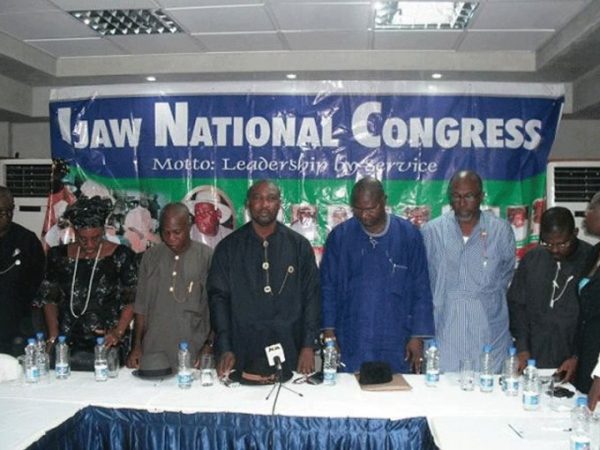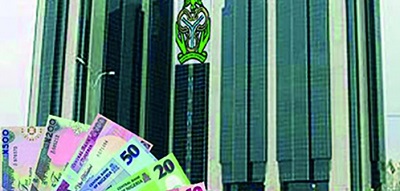Local sourcing suffers setback on renewed importation, economic slowdown

Efforts to by the Central Bank of Nigeria (CBN), to encourage manufacturers to explore local raw materials for production by placing restriction on 42 items and related by-products from the foreign exchange market, may have witnessed a slowdown as a result of slow-paced economic growth, and operators’ renewed preference for importation.
Indeed, the Manufacturers Association of Nigeria (MAN), attributed the slow pace of local sourcing to the general sluggishness of the economy and renewed ability for importation of raw-materials considering the tranquillity in the foreign exchange market.
With the exception of the Motor Vehicle and Miscellaneous Assembly group, local sourcing of raw-materials in the manufacturing sector slowed in the first half (H1) of 2018 to 56.6 percent down by 4.12 and 9.1 percentage points from 60.72 percent of the same half in 2017, and 65.7 percent of the preceding half respectively.
The Immediate Past President of MAN, Dr. Frank Jacobs, had told The Guardian that manufacturers considered available options of local sourcing in addressing challenges of access to foreign exchange.
“Given the challenges manufacturers are currently experiencing, there is an urgent need for operators to pay greater attention to local sourcing of raw materials and to align with the government agenda on backward integration. The policy seeks to end the waste of the nation’s scarce foreign exchange on the importation of commodities that can be locally produced if encouraged.
“This action is indicative of the policy orientation of government, and its aversion towards the importation of otherwise locally available inputs and items. This means that the time for increased local sourcing of our raw materials has come. MAN is in support of this proposition and going forward, local sourcing of raw materials should be our first consideration,” he said.
The National Bureau of Statistics (NBS), had in its trade report for the third quarter 2018 stated that Nigeria’s imports amounted to N4.17 trillion among which N1.94 trillion imports were machinery and transport equipment (46.5 percent of total import) and N1.01 trillion imports were mineral fuel while chemical and related products accounted for N388.3 billion or 9.3 percent of the total imports during the period under review.
Other major contributors in this sector were food and live animals, which accounted for N336.6billion and manufactured goods which amounted to N290.1billion during the period under review.
In terms of raw materials imports, cane sugar, meant for sugar refinery were imported from Brazil worth N45.7 billion. Milk preparations were imported mainly from Ireland, Malaysia and Australia in values N5.1billion, N2.9 billion and N1.98 billion respectively. Mineral or chemical fertilizers were also imported valued N11.3billion from Morocco.
Nigeria also imported preparations for infant use worth N6.1billion from China. Mixtures of odoriferous substances were imported from Ireland and Swaziland in values of N5.4billion and N3.7billion respectively.
Latest data from MAN for H1 2018, showed that across sectoral groups, local sourcing of raw-materials in Food, Beverage and Tobacco group declined by 17.17, and 7.35 percentage points from 79.12 percent H1 2017, and 69.3 percent of the preceding half respectively.
In the Textile & Wearing Apparel, Carpet, Leather and Leather Footwear group, local sourcing of raw-materials declined by 0.81 percentage point in the period from 63.5 percent recorded in the preceding half, but increased by 11.43 percentage point from 51.26 percent in H1 2017.
Similarly, local sourcing of raw-material in Non-Metallic Minerals Products group declined by 5.12 percentage point from 70.5 percent recorded H1 2017, but increased by 5.46 percentage point from 59.92 percent recorded in the preceding half.
Recall that CBN had on Monday, vowed to clamp down on individuals and businesses engaged in clandestine activities to frustrate the restriction of foreign exchange on the importation of 41 items into Nigeria.
In June 2015, CBN listed 41 items it said were ineligible for allocation of foreign exchange for their importation, on grounds that they could be competitively produced within the Nigerian economy.







